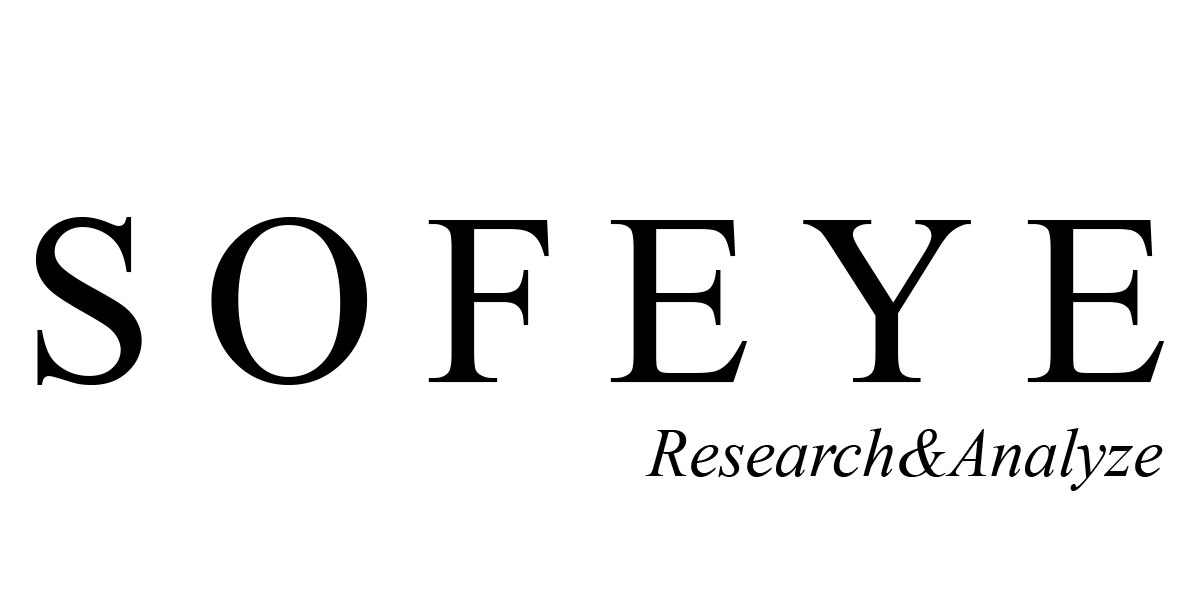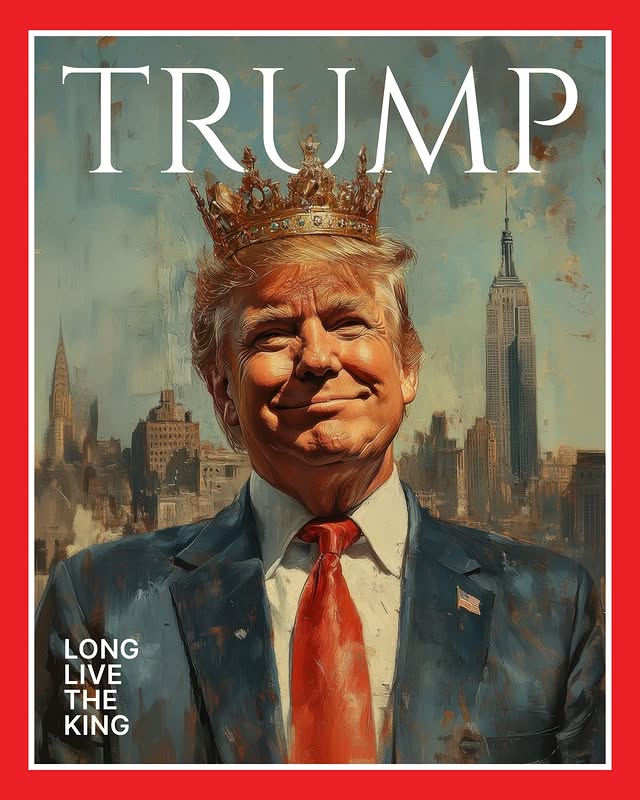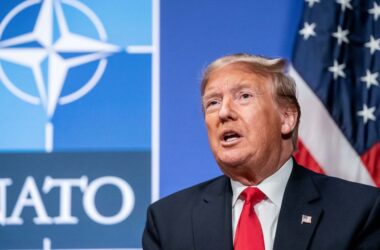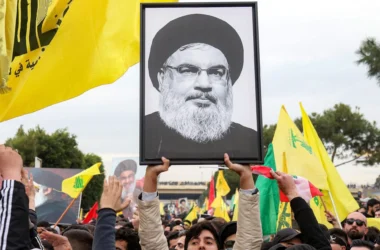Executive orders are crucial instruments in the U.S. political system, allowing presidents to enact significant policy decisions without the need for legislative approval, often used for rapid and decisive action during times of crisis or political deadlock. Beginning his second term on January 20, 2025, Donald Trump issued a series of sweeping executive orders with profound implications for both domestic and international politics. These orders span a wide range of policy areas including immigration, international alliances, economic protectionism, and environmental regulations. Trump’s executive orders have the potential to deepen social and political polarization within the U.S. and question existing international alliances, significantly reshaping the global order. This analysis will thoroughly examine Trump’s recent executive orders and their impacts on the U.S. domestic landscape and its international standing.
Immigration Policies and Border Security

At the onset of his second term, Trump adopted an aggressive stance on immigration and border security. He declared a national emergency on the Mexican border, deploying thousands of military personnel and advanced security technology. This executive order also included additional funding for the completion of the border wall. Furthermore, Trump deactivated the “CBP One” application, significantly restricting refugee admissions at the border. Additionally, Trump issued an order aimed at ending birthright citizenship in the U.S. This controversial order was swiftly blocked by federal courts for violating constitutional rights, sparking extensive legal debates. Trump’s anti-immigrant policies have further deepened political divisions domestically, faced strong criticism from civil society groups, human rights organizations, and elicited sharp condemnation from the international community.
International Relations and Diplomatic Tensions
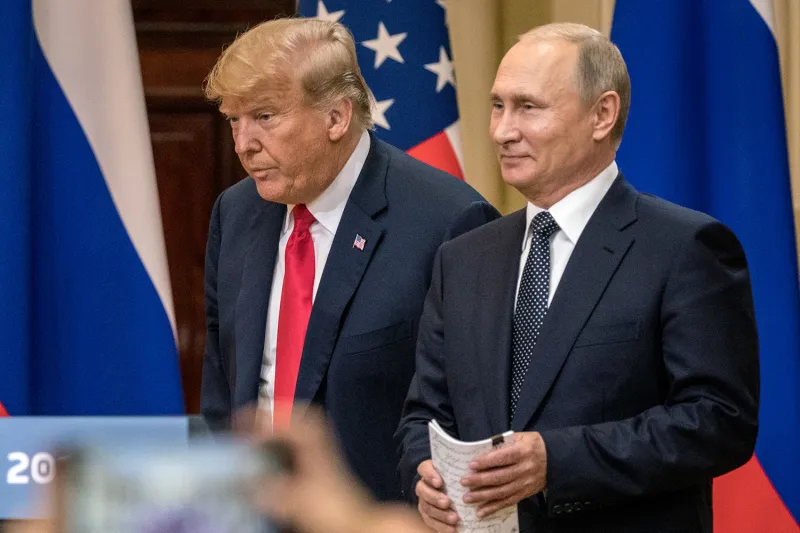
Trump’s foreign policy decisions mark a stark departure from traditional U.S. foreign policy. Early in his second term, Trump withdrew the U.S. from the Paris Climate Agreement and the World Health Organization, signaling a move away from multilateral cooperation. Trump justified exiting the Paris Agreement by arguing it harmed economic growth and U.S. industry, while his decision to withdraw from the WHO was based on claims that the organization was too lenient towards China during the COVID-19 pandemic. Additionally, imposing sanctions on the International Criminal Court aimed at preventing the prosecution of U.S. citizens and soldiers was perceived as a challenge to international law. Trump’s imposition of high tariffs on close allies such as Canada and Mexico strained commercial relations and weakened the spirit of partnership under the North American Free Trade Agreement (NAFTA). Trump’s stance on the Ukraine-Russia conflict, notably criticizing Ukraine and questioning its political decisions, created significant tensions with European Union allies and indirectly facilitated increased Russian influence in the region. These decisions have caused deep fissures in traditional U.S. alliances, leading to heightened concerns in the international community.
Trade Policies and Global Economy
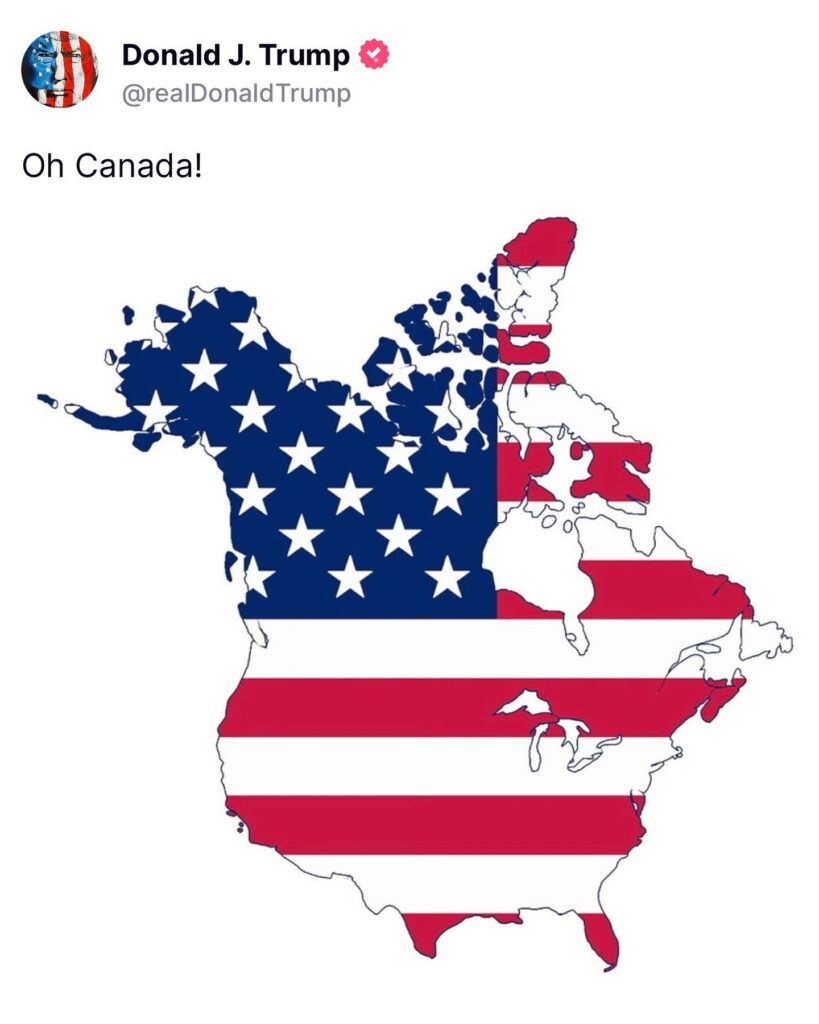
Trump’s second-term “America First” policy has significantly reinforced protectionist trends in global trade. Imposing a 25% tariff on imports from Canada and Mexico questioned the foundational principles of long-standing economic partnerships and free trade agreements, severely impacting North American trade dynamics. Key sectors such as automotive, agriculture, and energy have been profoundly affected, facing increased costs and uncertainties that challenged both producers and consumers. Additionally, a 10% tariff on Chinese imports exacerbated tensions between the two largest economies, clearly reflecting Trump’s view of China not just as an economic competitor, but as a threat. This move escalated the potential for reciprocal retaliation, reigniting global trade wars and causing instability in international financial markets. Multinational corporations, especially in technology and consumer electronics sectors, suffered significant disruptions in supply chains, forcing adjustments in production processes and pricing strategies. This environment of uncertainty threatens to slow global economic growth and diminish investor confidence. Such policies continue to have profound implications for both the U.S. economy and the broader global economic system.
Conclusion
Trump’s second-term executive orders have had extensive and deep impacts on both U.S. domestic and foreign policy. Domestically, stringent immigration policies and enhanced border security measures have intensified social polarization and raised concerns about democratic processes and constitutional rights. Internationally, withdrawal from multilateral agreements and strained relations with traditional allies have questioned the U.S.’s global leadership capacity. Decisions such as exiting the Paris Climate Agreement and the WHO weakened America’s role in shaping international norms, reinforcing perceptions of U.S. isolationism. Economic protectionism has caused instability and uncertainty in global economic systems, threatening long-term economic growth and stability worldwide. These developments have compelled the international community to reassess their relationships with the U.S., potentially altering global alliances. The long-term implications of these policies suggest significant shifts in the U.S.’s global leadership position, making continuous monitoring and analysis of these developments crucial for understanding and predicting future political dynamics.
